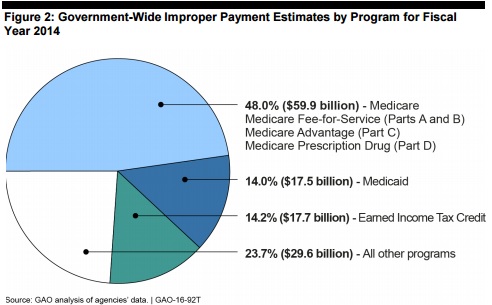Arkansas’ “Private” Medicaid Expansion Improved Access to Care (At A Very High Price)
 Arkansas has a love-hate relationship with Obamacare. The previous (Democratic) governor, Mike Beebe, made a deal to accept Obamacare’s Medicaid expansion but with an interesting twist. Obamacare significantly increased the number of Americans who could become dependent on Medicaid by increasing the income cut-off for eligibility. Many governors rejected the federal funds offered to expand this welfare dependency.
Arkansas has a love-hate relationship with Obamacare. The previous (Democratic) governor, Mike Beebe, made a deal to accept Obamacare’s Medicaid expansion but with an interesting twist. Obamacare significantly increased the number of Americans who could become dependent on Medicaid by increasing the income cut-off for eligibility. Many governors rejected the federal funds offered to expand this welfare dependency.
Governor Beebe took the money, but instead of using it to expand Medicaid for the newly eligible, he used it to subsidize beneficiaries’ purchase of private plans in Obamacare’s health insurance exchange. His successor, Republican Asa Hutchinson, and the Republican-majority legislature, decided to continue the program.
According to new research published by the University of Pennsylvania, this “private option” yielded dramatically improved access to care. In a “secret shopper” survey, callers identifying themselves as dependents on traditional Medicaid were able to make appointments with primary-care physicians in 55.5 percent of attempts. Medicaid dependents enrolled in exchange plans got appointments 83.2 percent of the time.









